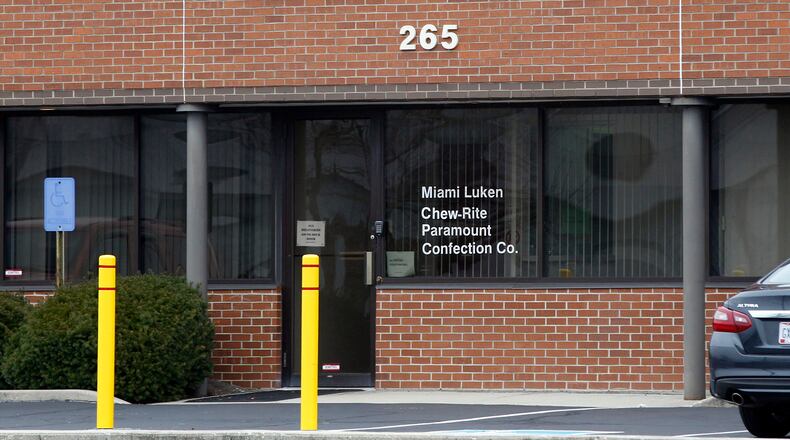The DOJ claims Barclay, Miami-Luken and former president Anthony Rattini repeatedly failed to perform their legal duty to report suspicious pharmaceutical orders, shipping unsafe levels of opioids to Appalachian pharmacies.
A message was left Monday afternoon with Chad Ziepfel, with Taft Stettinius & Hollister, who is listed as Barclay’s attorney.
According to court documents, Barclay was released on his own recognizance with no pretrial supervision and he is not allowed to obtain a passport. His arraignment is scheduled for 1:30 p.m. July 31.
MORE: Feds say Springboro drug distributor ignored pill limits
Miami-Luken is a Springboro-based distributor that has gone out of business. When in operation, the company bought wholesale pharmaceuticals from manufacturers and then distributed them to businesses such as pharmacies and hospitals.
The DOJ announced July 18 that a grand jury had indicted Barclay, former Miami-Luken president Anthony Rattini, and two West Virginia pharmacists, Devonna Miller-West and Samuel Ballengee, each on one charge of “conspiring to illegally distribute controlled substances.”
According to the accusations in the indictment, the Springboro company and two former employees sought to enrich themselves by distributing millions of painkillers to doctors and pharmacies in rural Appalachia, where the opioid epidemic was at its peak.
U.S. District Court for the District of Colorado documents report that Rattini was released on a $10,000 unsecured bond and surrendered his passport. He was also granted a request to be allowed to travel to California.
LOCAL: Rise and fall of Miami-Luken: Local firm blamed for opioid shipments
A message was left seeking more information from Rattini’s Colorado public defender, listed as Jacob Rasch Chabot.
Miami-Luken is now out of business and has sold its assets, following mounting lawsuits and the DEA attempting to take away its license.
Before the criminal charge was filed, Miami-Luken was named in multiple lawsuits accusing the firm of fueling the opioid crisis.
Opioid manufacturers, distributors, pharmacies and prescribers have been sued by more than 2,000 state, local and Native American governments, which claim the drug industry’s actions led to deadly and expensive public health crisis.
The majority of suits are consolidated before U.S. District Judge Dan Polster, based in Cleveland.
About the Author
